Introduction: What is the International Court of Justice (ICJ)?
The International Court of Justice (ICJ), also known as the World Court, is the main judicial branch of the United Nations (UN). Established in 1945 and starting operations in April 1946, it is one of the six principal organs of the UN. The ICJ is based in The Hague, Netherlands, and serves as the successor to the Permanent Court of International Justice (PCIJ), which was dissolved in 1946 following its establishment by the League of Nations in 1920. After World War II, both the League and PCIJ were replaced by the United Nations and the ICJ, respectively.
Notably, the ICJ is the only one of the UN’s principal organs that is not headquartered in New York, USA. The court’s activities are governed by international law, and its primary role is to adjudicate disputes between states. However, the court can only hear cases if the states involved consent to its jurisdiction.
Formation of the International Court of Justice
The ICJ was established on June 26, 1945, in San Francisco, California, USA. It is the successor to the PCIJ, which was created in the wake of World War I as part of efforts to maintain global peace and security through the League of Nations, established by the Paris Peace Conference of 1919.
In 1920, the League of Nations adopted the statute of the PCIJ, which, unlike the ICJ, was not part of the League itself, nor were League members automatically parties to its statute. By 1933, growing international tensions began to undermine the effectiveness of the PCIJ, and its activities gradually declined, culminating in its final order in February 1940, as World War II further disrupted its functions.
In 1942, the United States and the United Kingdom jointly advocated for the re-establishment of an international judicial body. By 1943, the UK led a panel of jurists from around the world, called the "Inter-Allied Committee," to discuss the creation of a new international court.
In 1944, the committee's report made several key recommendations:
- The court should focus solely on judicial matters, avoiding political issues.
- The new court's statute should be based on that of the PCIJ.
- Acceptance of the court's jurisdiction should be voluntary.
- The court should retain an advisory role.
Following further discussions and conferences, the PCIJ convened for the last time in October 1945. All its judges resigned on January 31, 1946, and the PCIJ was formally dissolved in April 1946.
Early Milestones of the International Court of Justice
- The first election of ICJ members took place in February 1946.
- José Gustavo Guerrero of El Salvador, the last president of the PCIJ, became the first president of the ICJ.
- The ICJ's first case was submitted in May 1947 by the United Kingdom against Albania, concerning the Corfu Channel incidents.
Powers and Functions of the ICJ
The ICJ is composed of 15 judges, each elected to a nine-year term by the UN General Assembly and the Security Council. The court is supported by a registry, which acts as its administrative body. The official languages of the ICJ are English and French.
The ICJ has two main functions:
- Settling legal disputes between states in accordance with international law.
- Providing advisory opinions on legal questions referred to it by authorized UN organs and specialized agencies.
Current Composition of the Court
As of February 6, 2018, Honorable Justice Abdulqawi Yusuf serves as the President of the ICJ, with his term ending on February 5, 2021. The Vice President, Honorable Jurist Xue Hanqin, serves concurrently with the same term as the President.
Jurisdiction of the International Court of Justice (ICJ)
All United Nations member states are automatically parties to the statute of the International Court of Justice (ICJ), as outlined in Article 93 of the UN Charter. However, non-UN member states can also become parties to the ICJ statute by following the procedure detailed in Article 93(2) of the UN Charter.
For example, Switzerland, which was not a UN member at the time, used this procedure to become a party to the ICJ statute. Once a state becomes a party to the Court’s Statute, it is entitled to participate in cases before the court. However, being a party to the statute does not automatically grant the court jurisdiction over disputes involving those parties.
Types of Jurisdiction Considered by the ICJ
The ICJ’s jurisdiction is considered in three types of cases:
- Contentious Cases: Only states can be parties in contentious cases. Corporations, individuals, or non-governmental organizations (NGOs) cannot participate as parties in these cases. The ICJ issues binding rulings in disputes between states that agree to the court's jurisdiction.
- Incidental Jurisdiction: The court has the authority to issue interim measures to protect the rights of the parties involved in a dispute until a final judgment is made. This type of jurisdiction is discussed in Article 14 of the ICJ Statute.
- Advisory Opinions: This function of the ICJ is available only to certain United Nations bodies and agencies. The UN Charter grants the General Assembly and the Security Council the power to request the court to issue an advisory opinion on legal questions. Other UN organs do not have this power and cannot request advisory opinions. While these opinions are consultative, they are highly influential and widely respected.
Are ICJ Decisions Binding?
A common question is whether the ICJ’s decisions are binding. According to Article 94 of the UN Charter, the judgments delivered by the ICJ in disputes between states are indeed binding on the parties involved. However, the ICJ does not have the power to enforce its decisions.
Article 94 further states: "If any party to a case fails to perform the obligations incumbent upon it under a judgment rendered by the Court, the other party may have recourse to the Security Council, which may, if it deems necessary, make recommendations or decide upon measures to be taken to give effect to the judgment."
Conclusion
The International Court of Justice plays a crucial role in resolving disputes between states and maintaining global peace and harmony. While the court is based in The Hague, Netherlands, its sessions can be held wherever it deems appropriate.
The ICJ applies international law, as summarized in Article 38 of its statute, including international conventions, customs, and general principles of law. Additionally, the court has the authority to establish its own rules and procedures to ensure smooth operations, as outlined in the Rules of Court of the International Court of Justice 1978 (amended on 29 September 2005).
Share
Tags
Archive
Popular & Recent Post






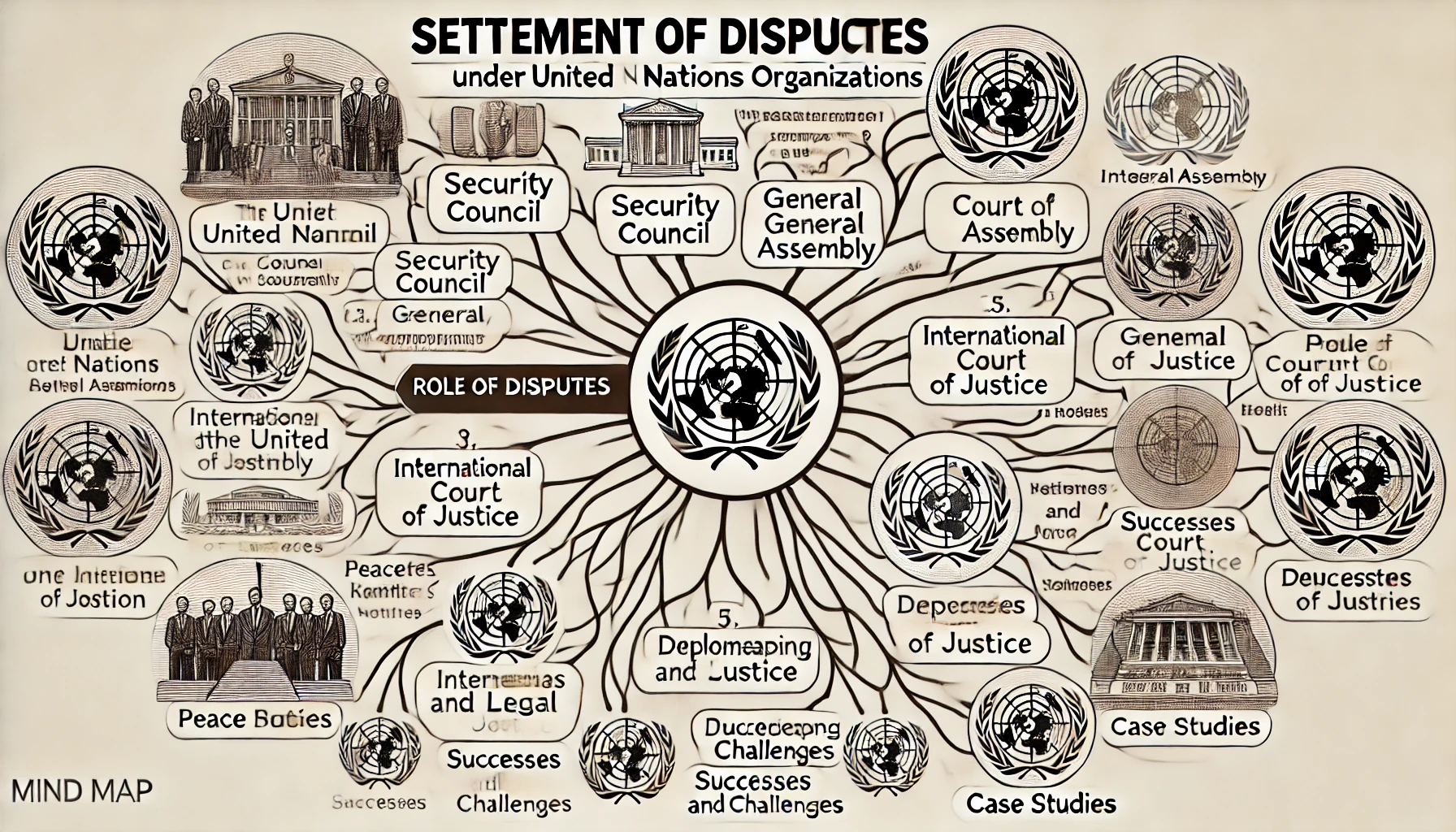
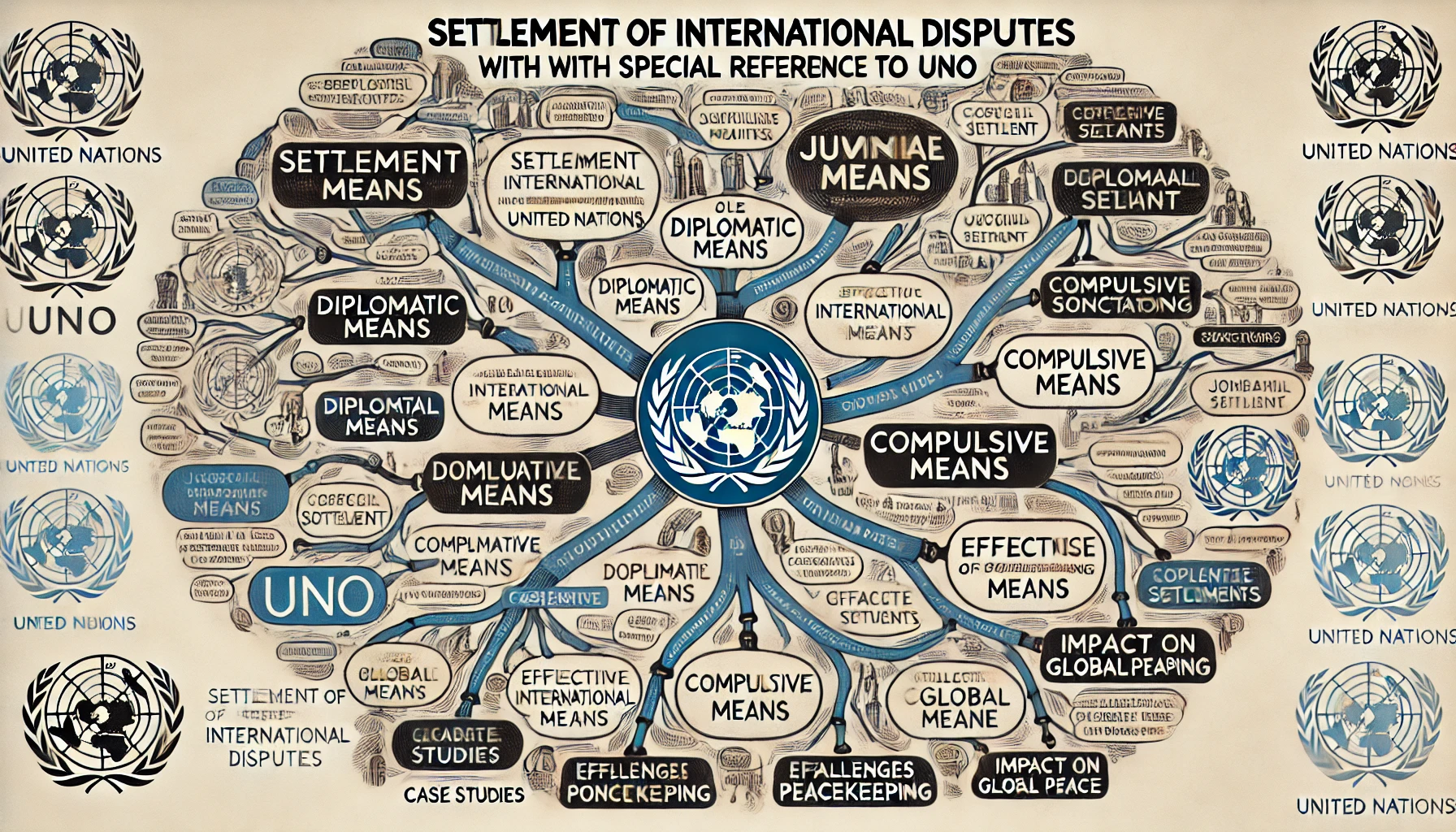
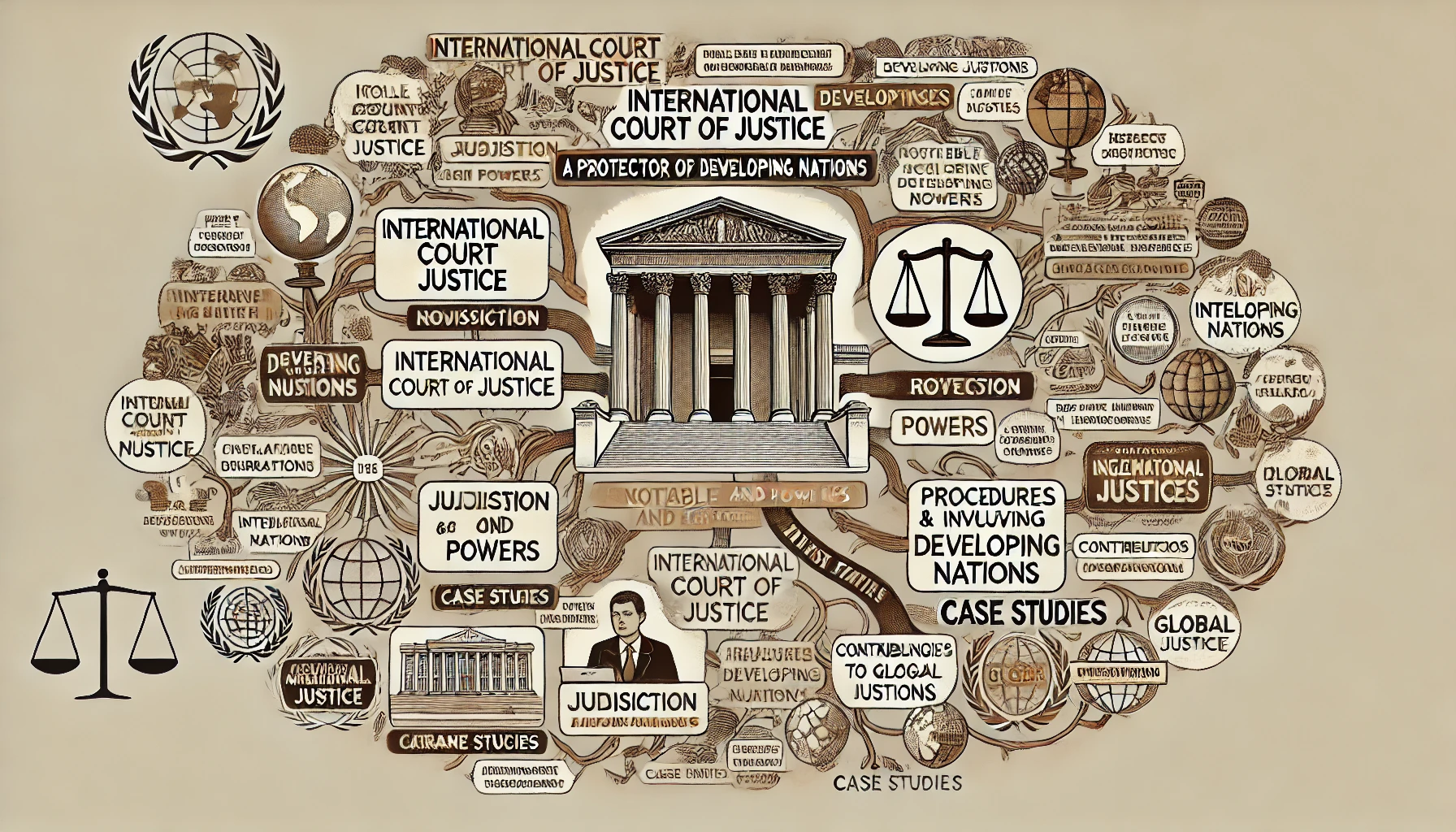
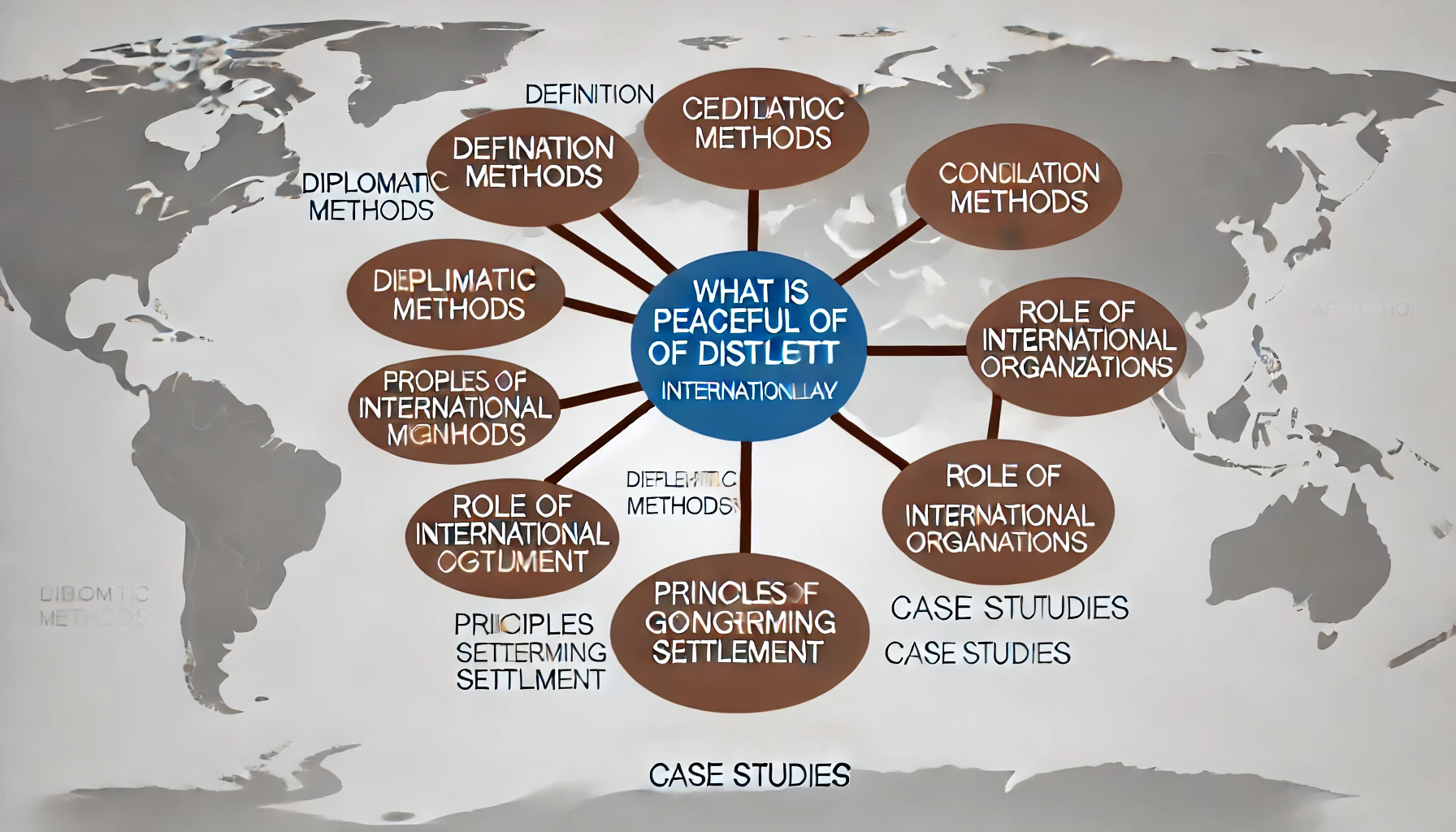

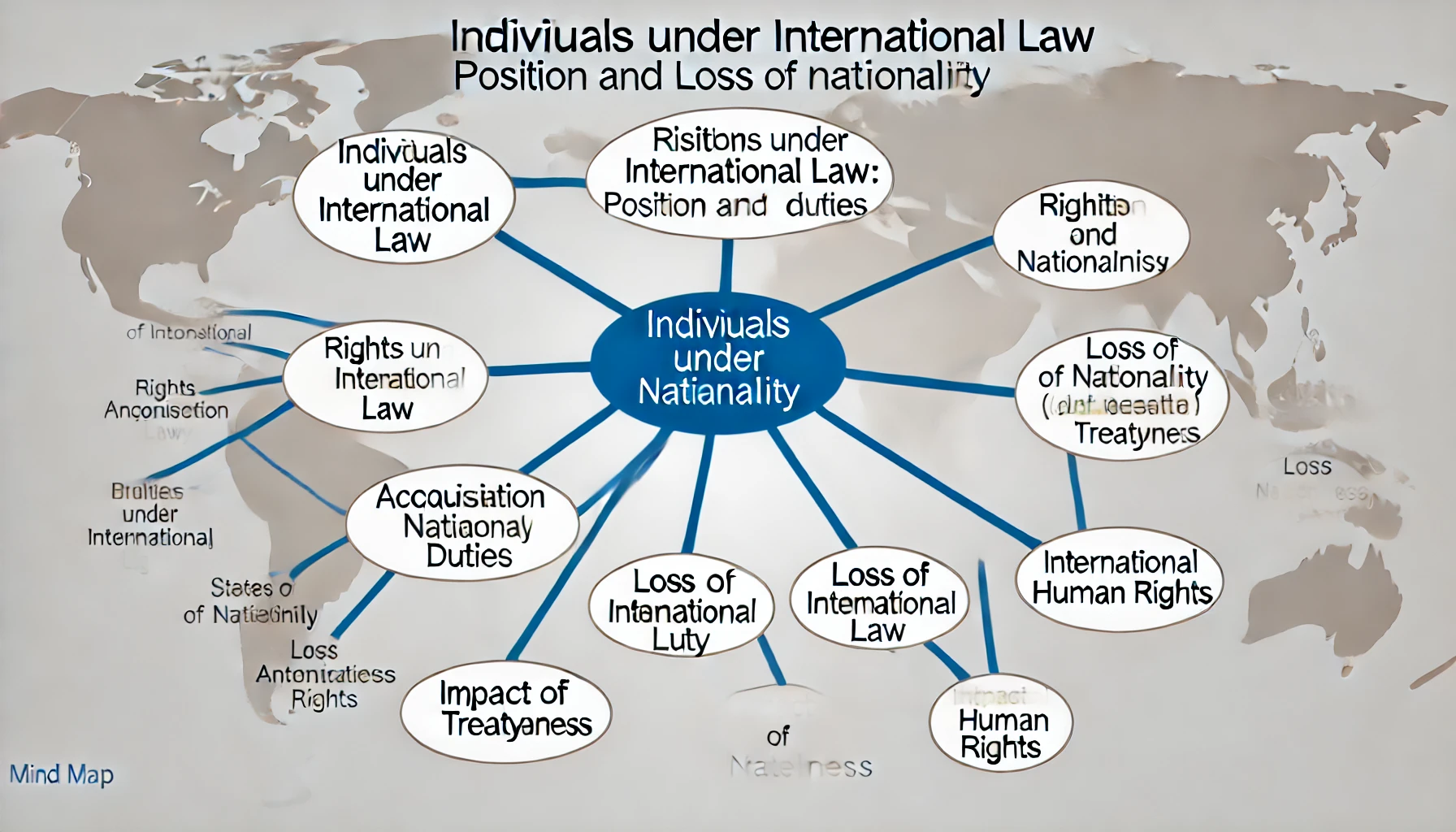
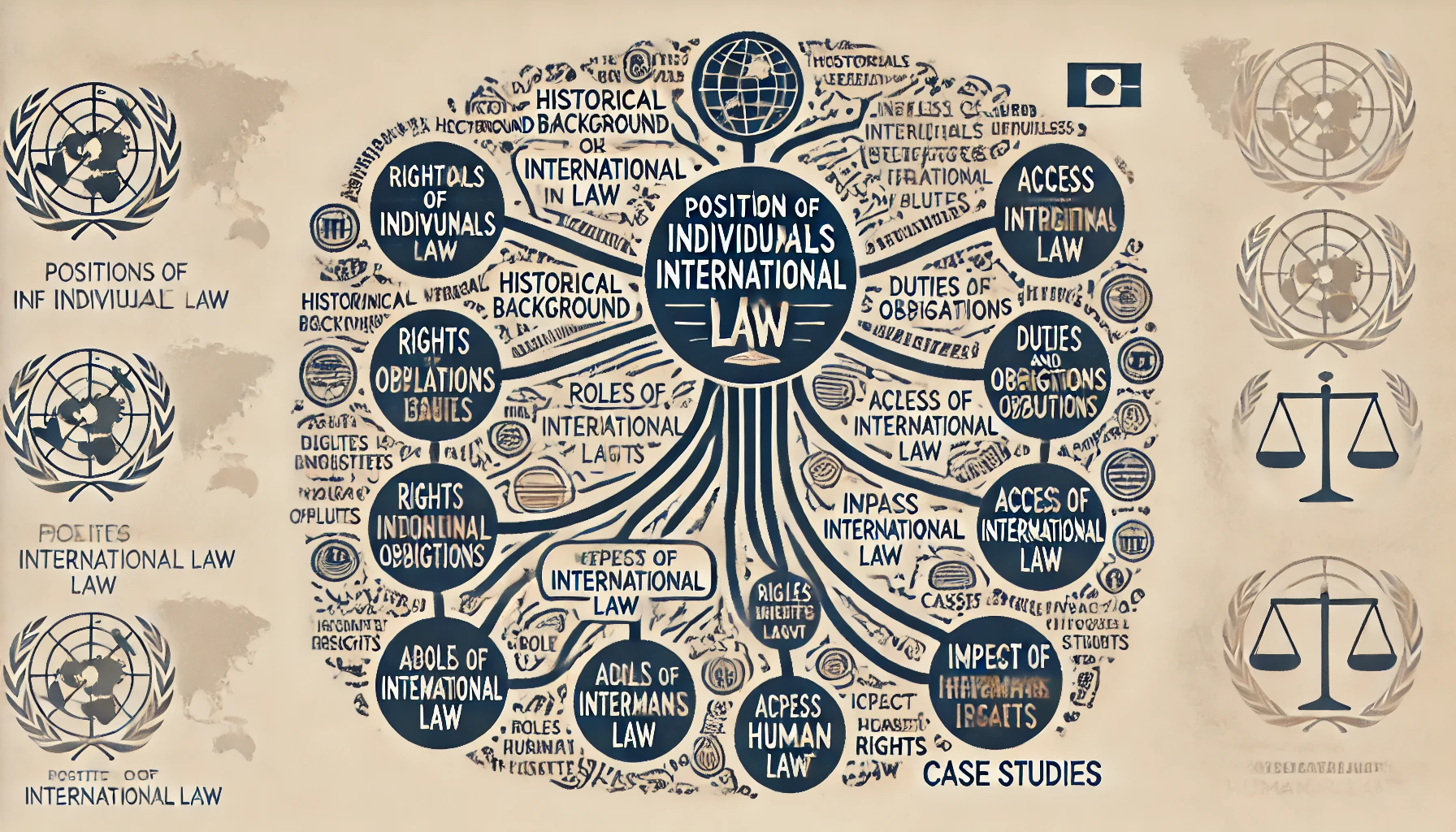
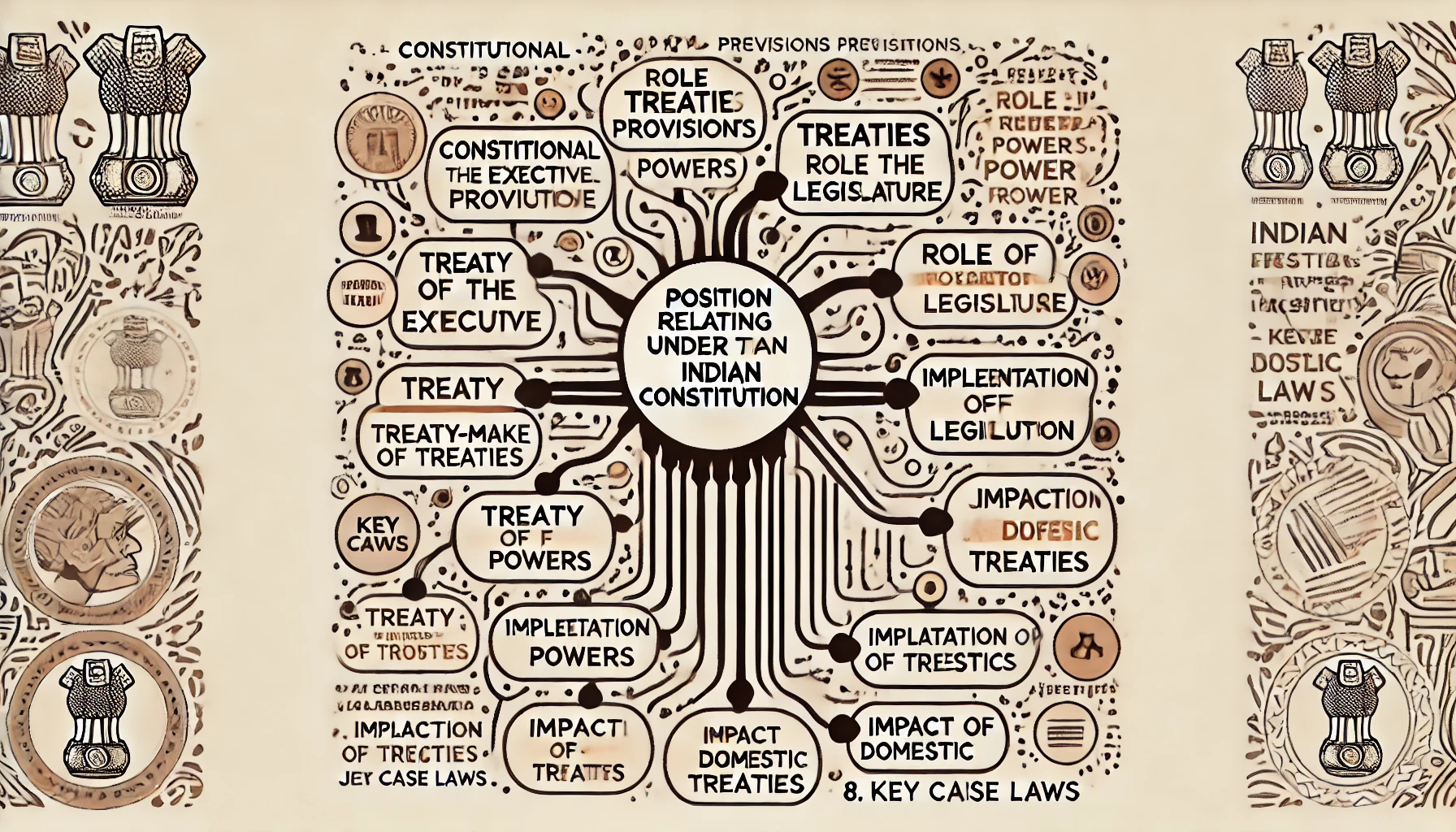
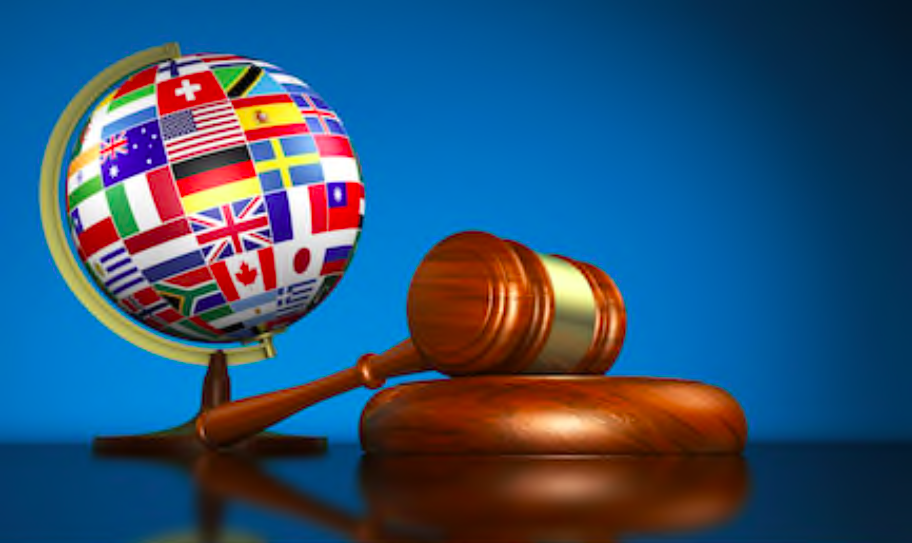
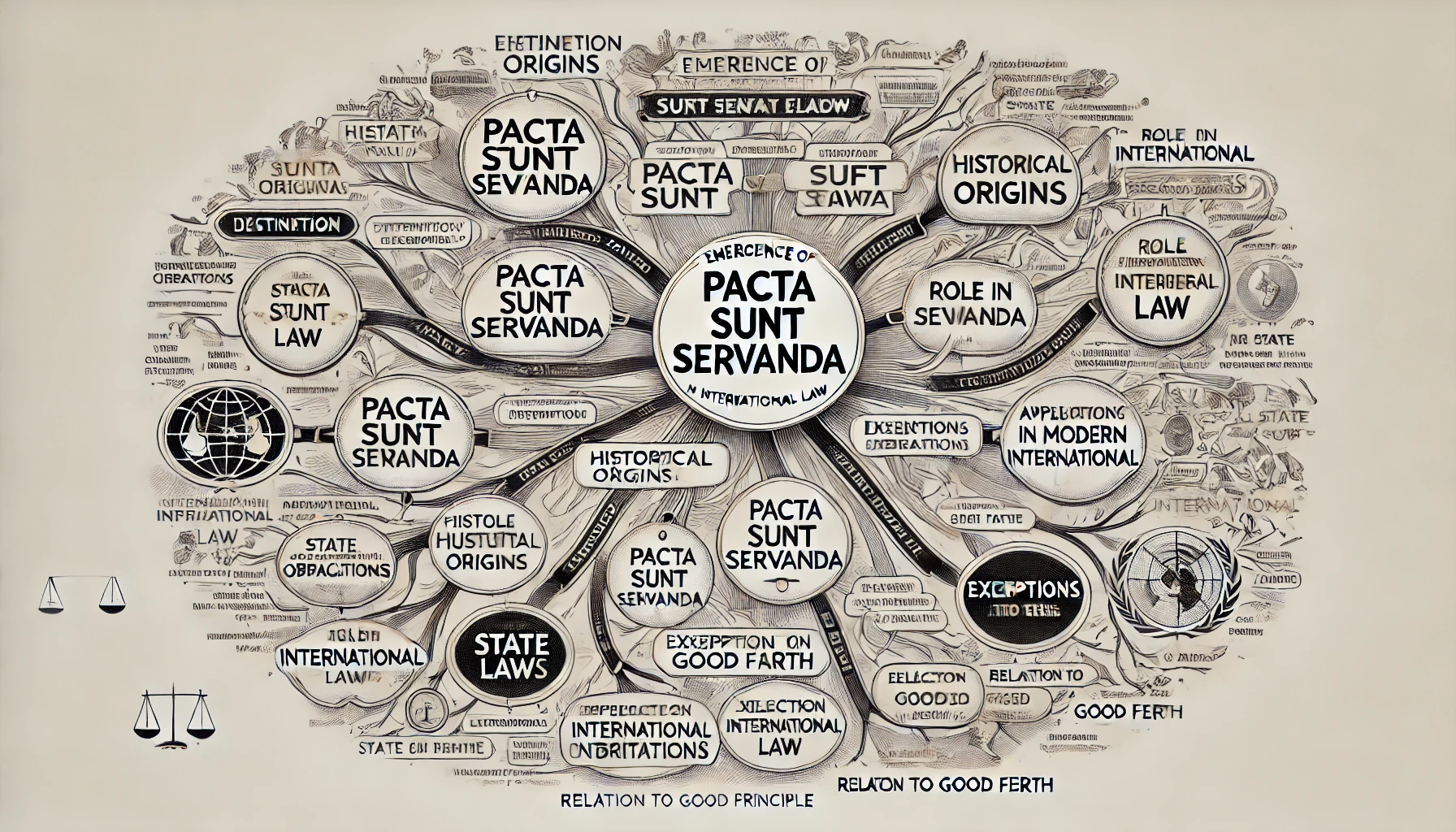
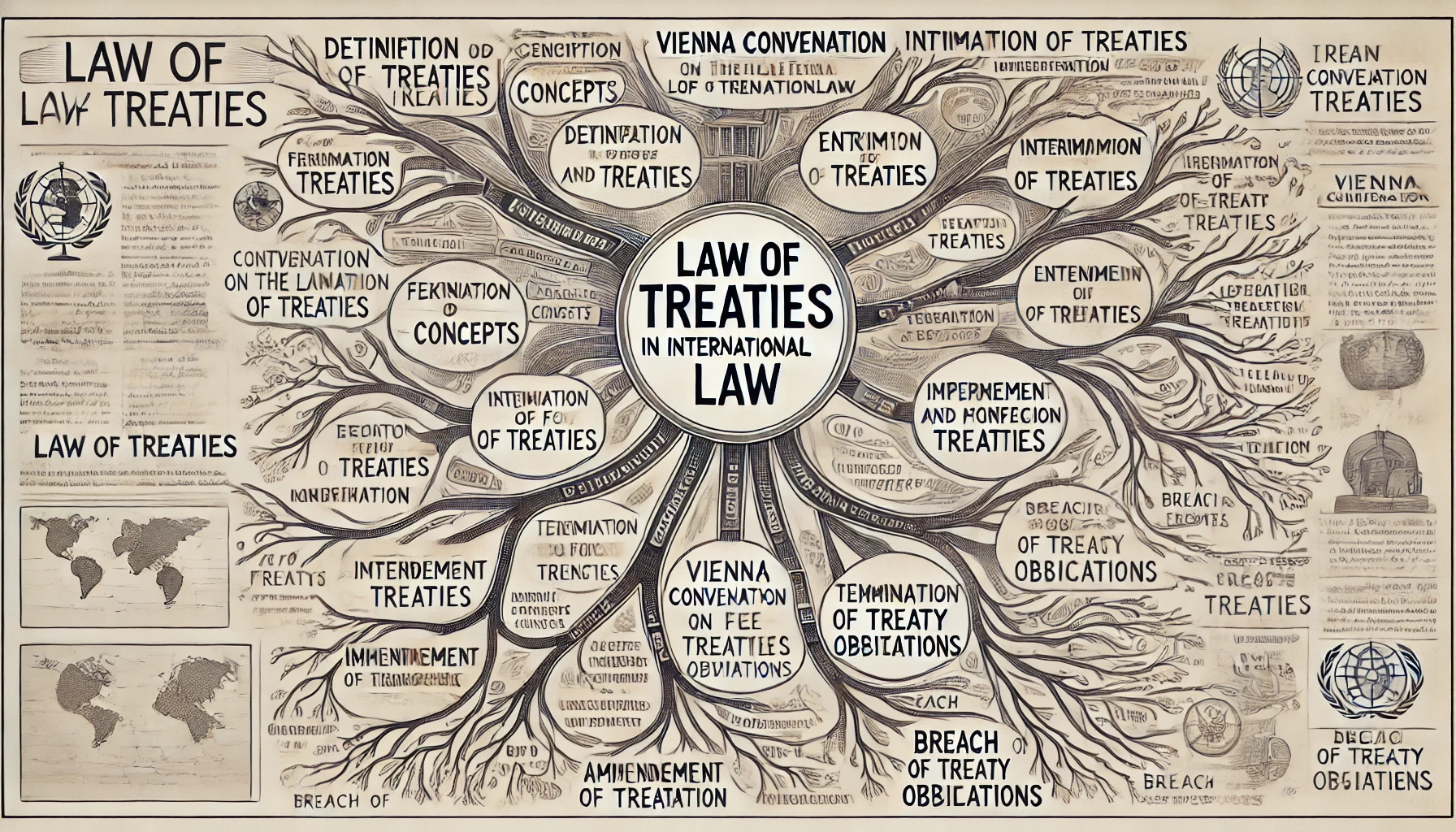
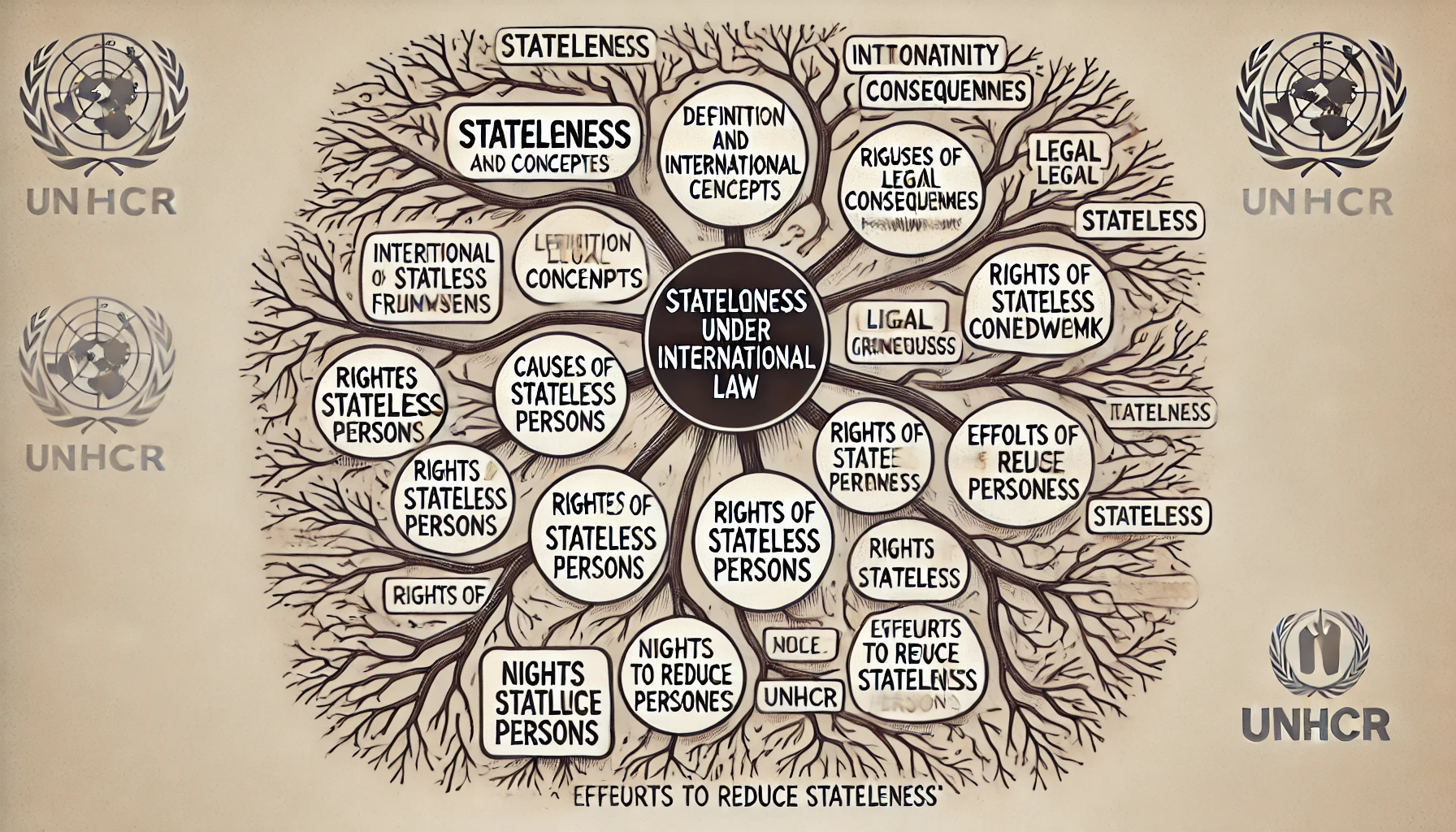
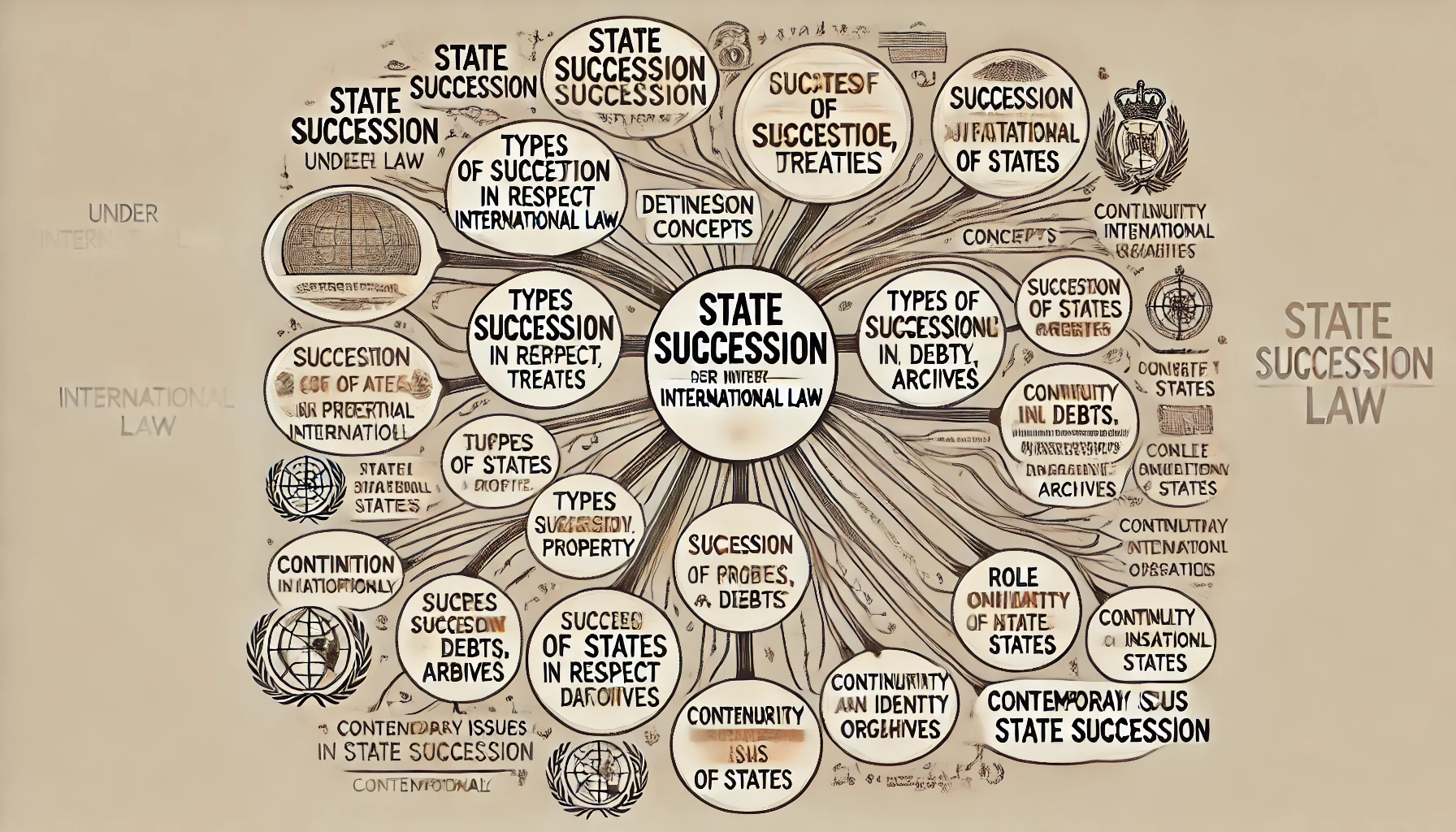
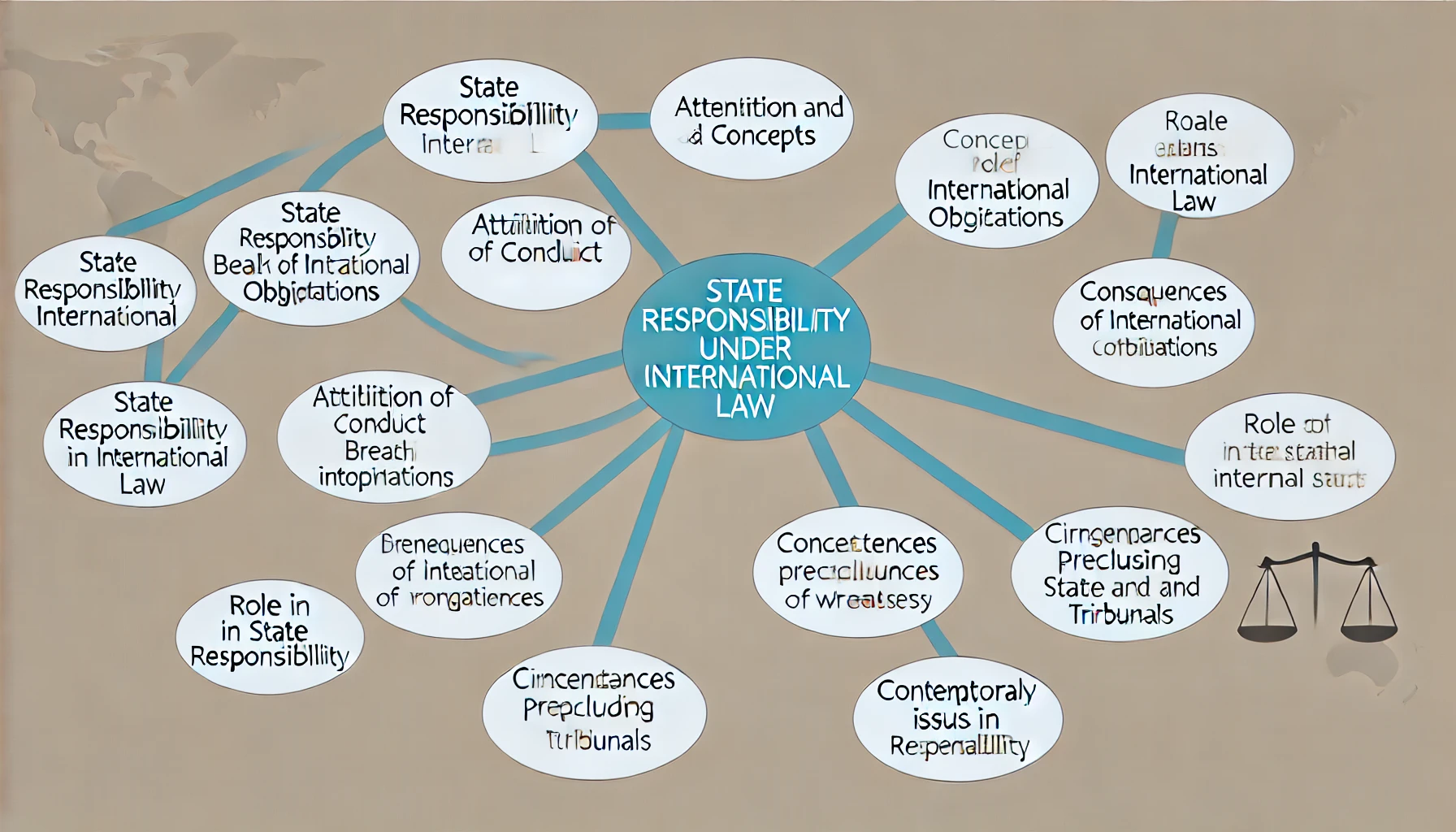
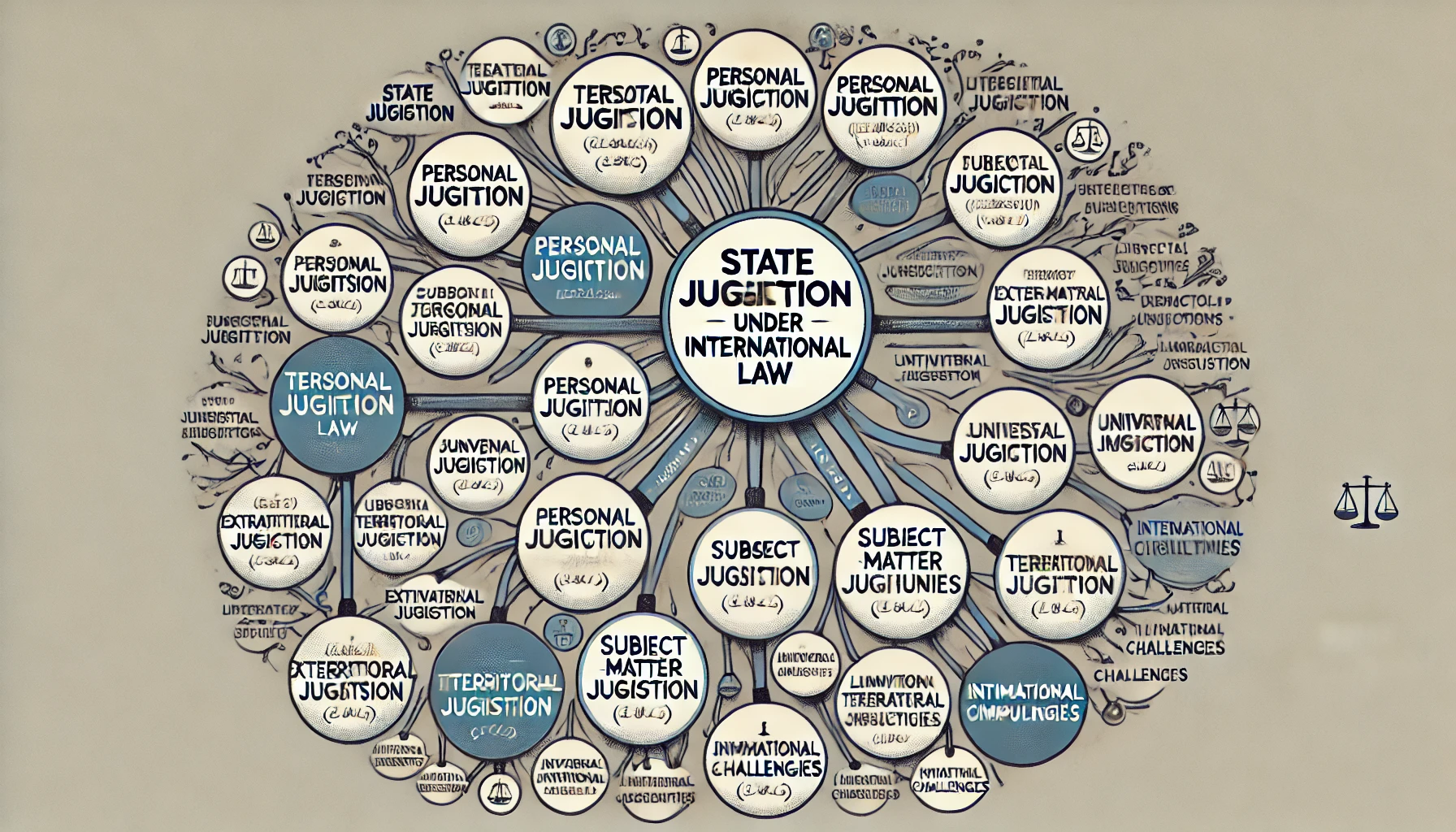
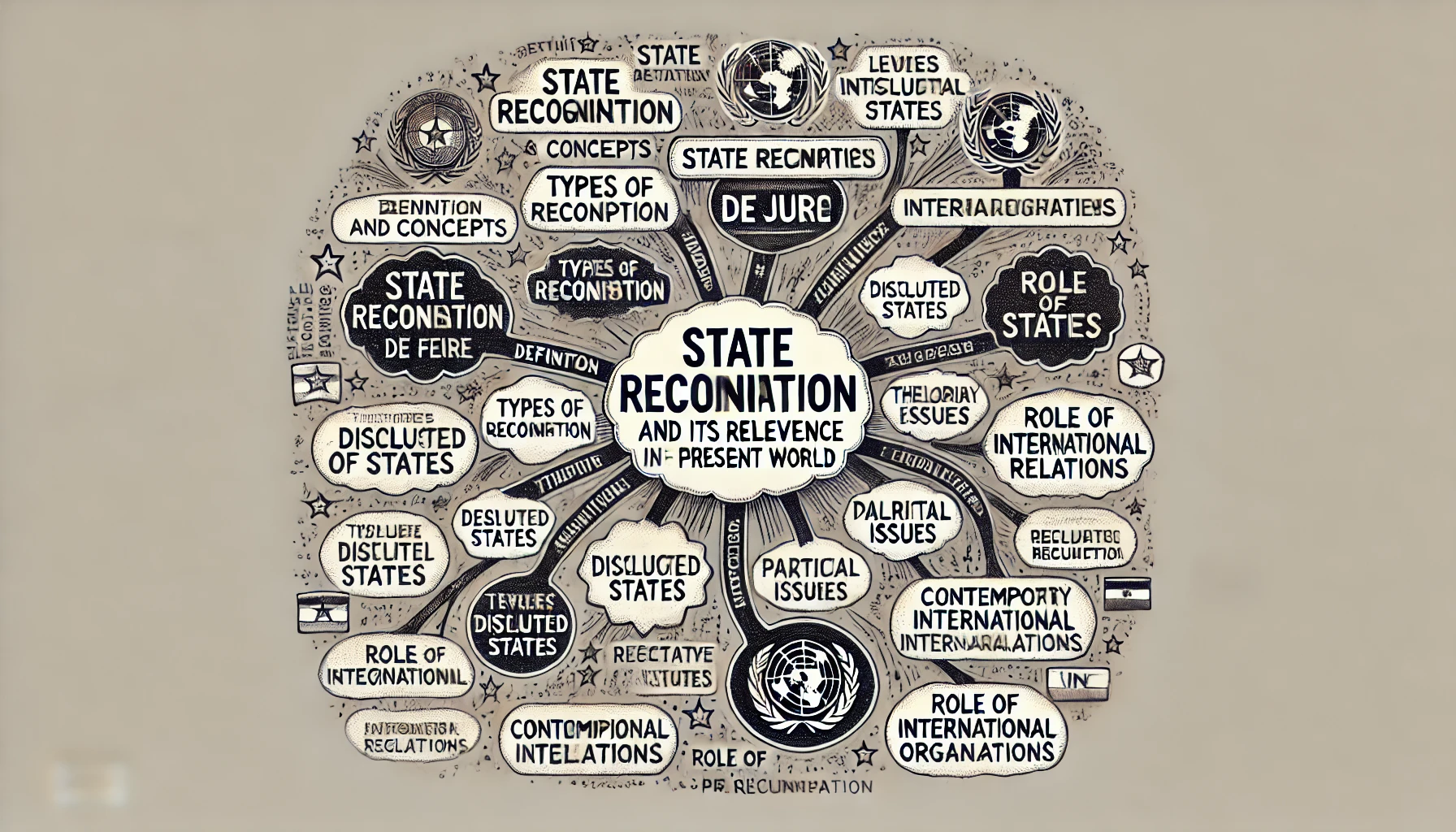
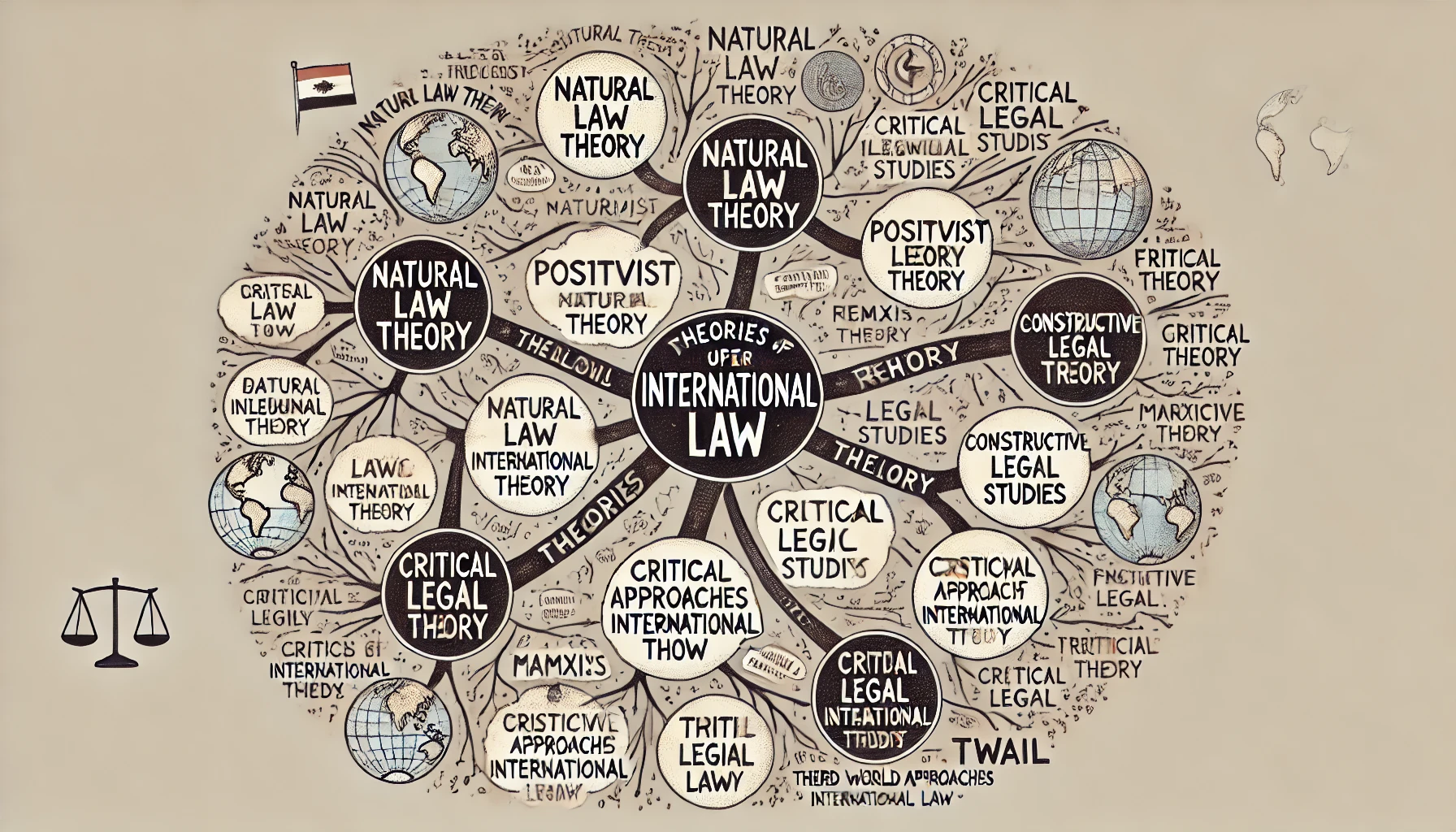
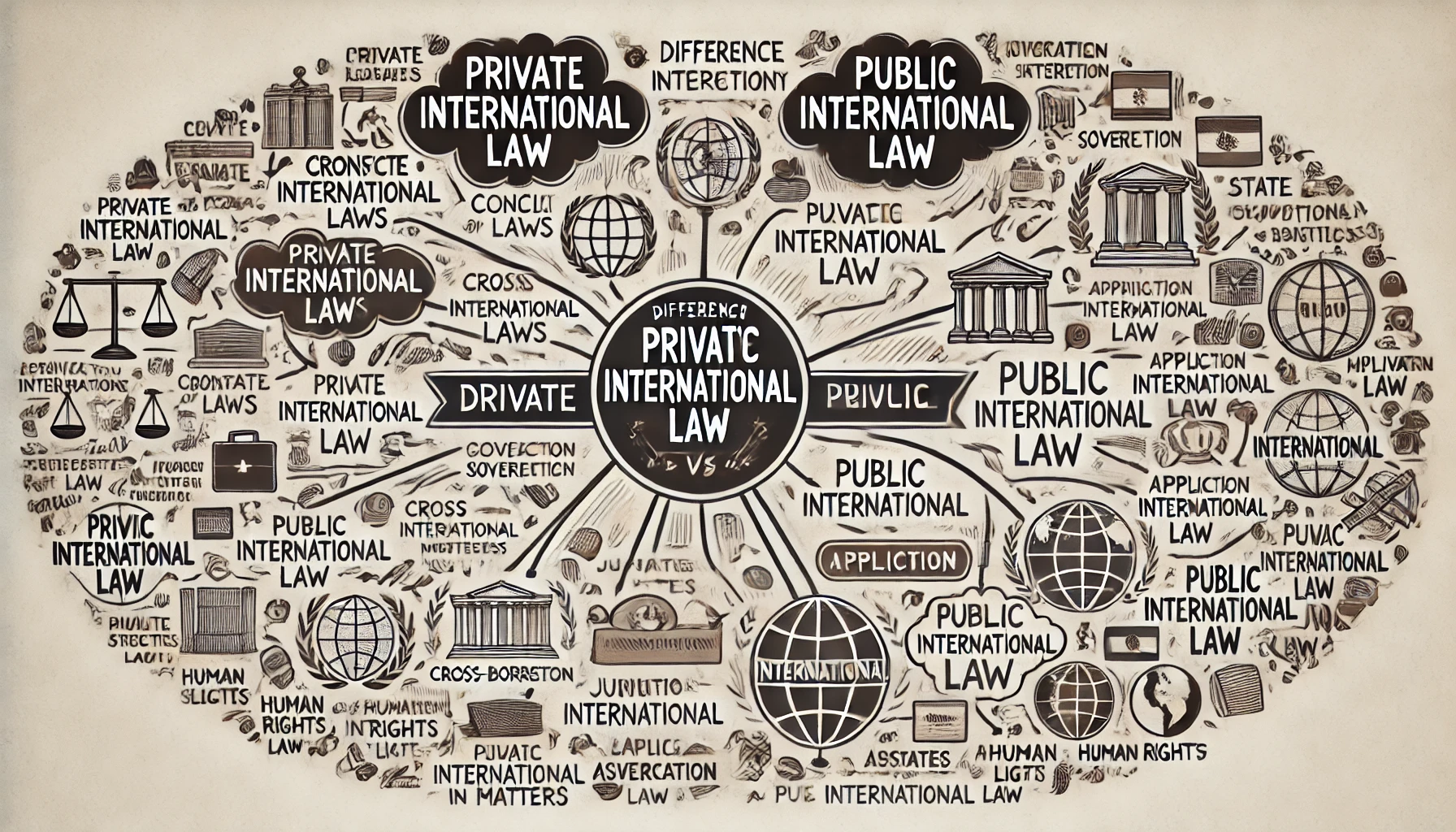
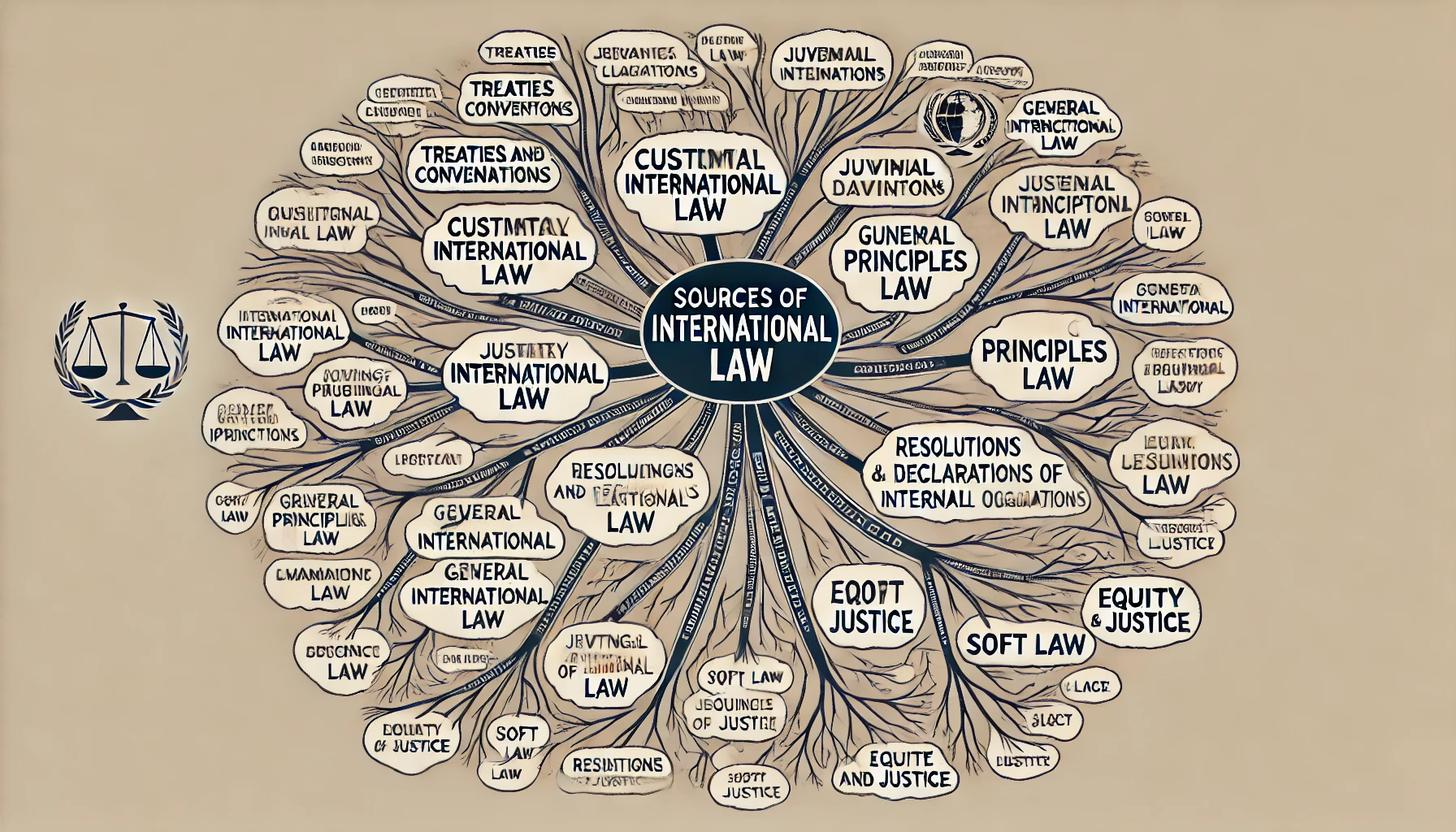
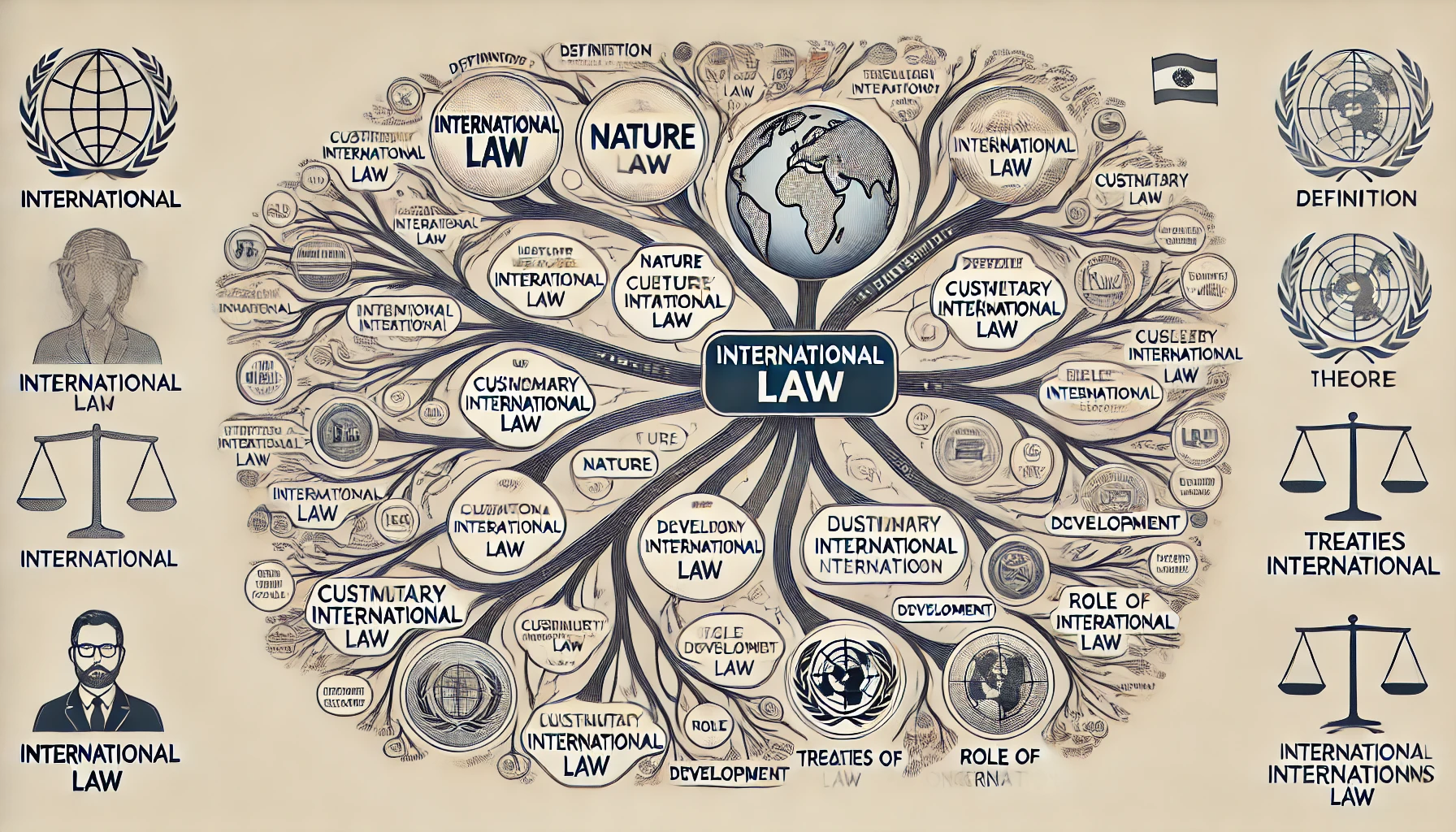
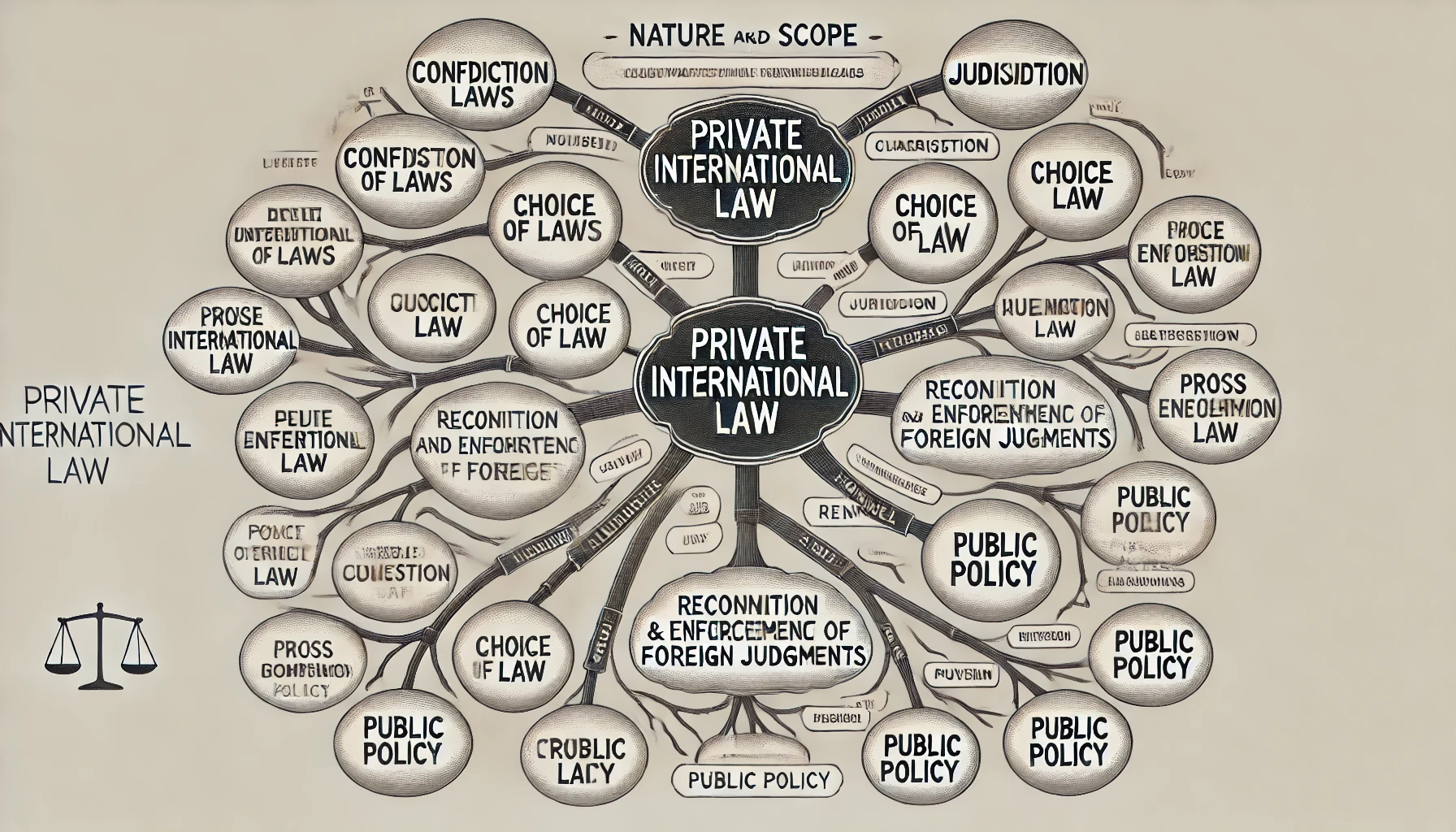


































































































Comment
Nothing for now